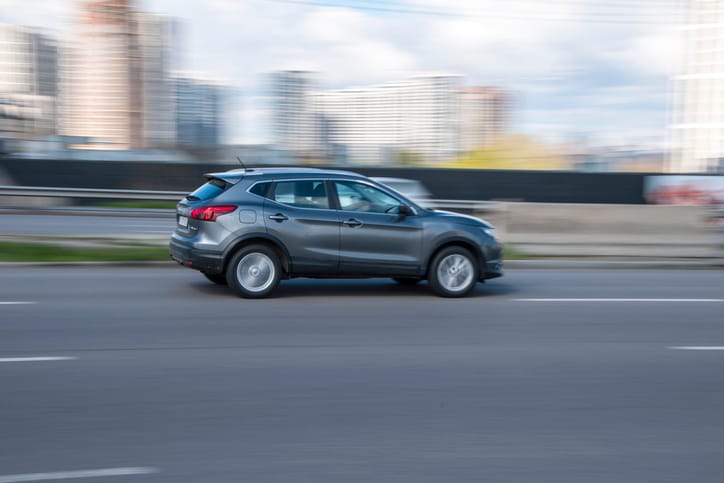The Nissan Rogue Sport: A Look Back at a Discontinued Crossover

While the Nissan Rogue proudly marches on as a popular mid-size SUV, its smaller sibling, the Rogue Sport, quietly bowed out after the 2022 model year. This raises the question: what was the Nissan Rogue Sport, and how did it fare in the competitive compact SUV segment? Let's take a retrospective look at this discontinued vehicle, exploring its features, performance, and legacy.
A Compact Contender in a Crowded Segment
Launched in 2017, the Rogue Sport slotted itself below the larger Rogue, targeting buyers seeking a smaller, more maneuverable SUV. It competed with established players like the Honda HR-V, Mazda CX-5, and Subaru Forester, as well as newer entries like the Kia Seltos and Hyundai Kona.

Design and Features
The Rogue Sport adopted a bolder, more aggressive design compared to the standard Rogue. Its V-motion grille, sharp headlights, and sculpted lines gave it a sportier presence. Inside, the cabin offered decent space for its size, with comfortable seating for five and a surprisingly roomy cargo area when the rear seats were folded down. Standard features included a 7-inch touchscreen infotainment system, Bluetooth connectivity, and a rearview camera. Higher trims added options like navigation, a panoramic sunroof, and heated leather seats.

Performance and Powertrain
Under the hood, the Rogue Sport relied on a single 2.0-liter four-cylinder engine producing 141 horsepower and 149 lb-ft of torque. This setup prioritized fuel efficiency over performance, delivering up to 32 mpg on the highway. Power was channeled through a continuously variable transmission (CVT) to the front wheels, with all-wheel drive available as an option. While not known for its spirited driving dynamics, the Rogue Sport offered a comfortable and composed ride, well-suited for everyday commuting and errands.
Strengths and Weaknesses
The Rogue Sport had its share of strengths and weaknesses. On the positive side, it boasted a comfortable interior, good fuel economy, and a competitive price tag. Additionally, its bold design appealed to some buyers seeking a more stylish SUV option. However, its lack of power and outdated infotainment system were definite drawbacks. The discontinuation of the Rogue Sport suggests that these shortcomings might have ultimately hindered its success in the market.
Legacy and Alternatives
The Nissan Rogue Sport carved its niche for a few years, offering a smaller, more affordable alternative to the Rogue. While it has now been discontinued, the lessons learned from its development and reception have likely been incorporated into other Nissan models.

For those seeking a similar compact SUV, Nissan still offers the larger Rogue, which benefits from more power and a more modern interior. Other excellent options in the segment include the Honda HR-V, Mazda CX-5, and Hyundai Tucson, all of which offer competitive features, performance, and technology.
Conclusion
The Nissan Rogue Sport's disappearance from the market signifies the competitive nature of the compact SUV segment. While it offered decent value and practicality, its shortcomings ultimately led to its discontinuation. Nevertheless, it serves as a reminder of the diverse options that once existed in this popular car category, and its legacy may influence future Nissan offerings.
